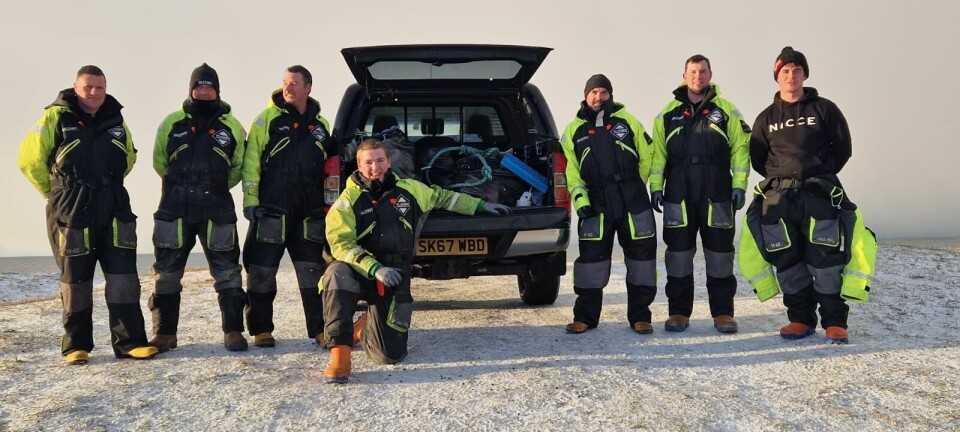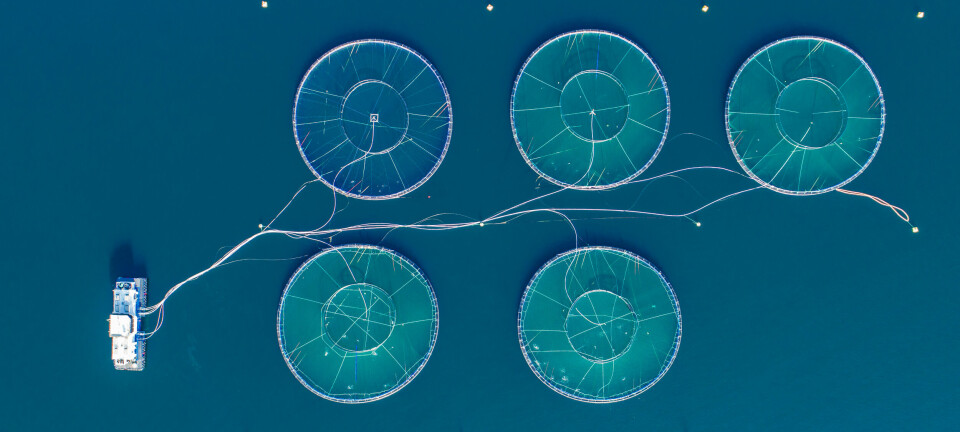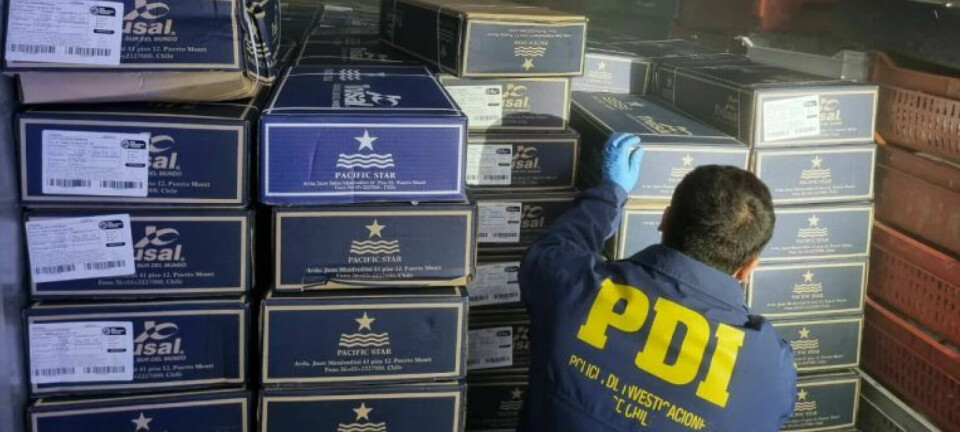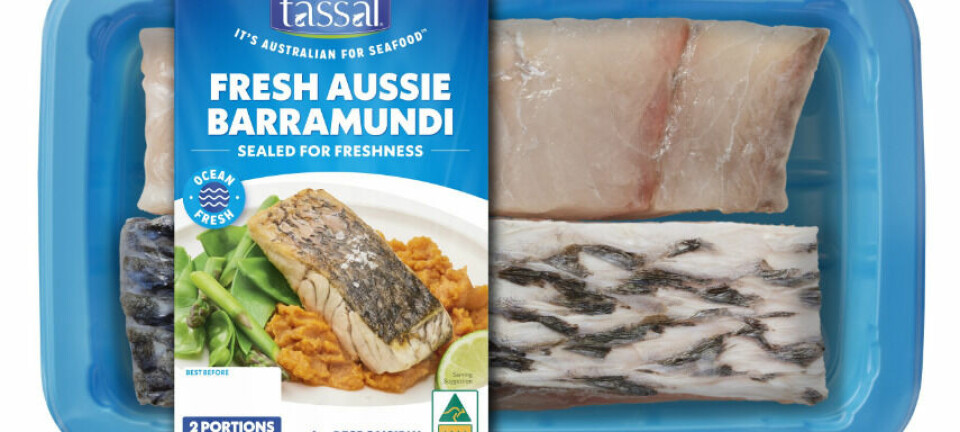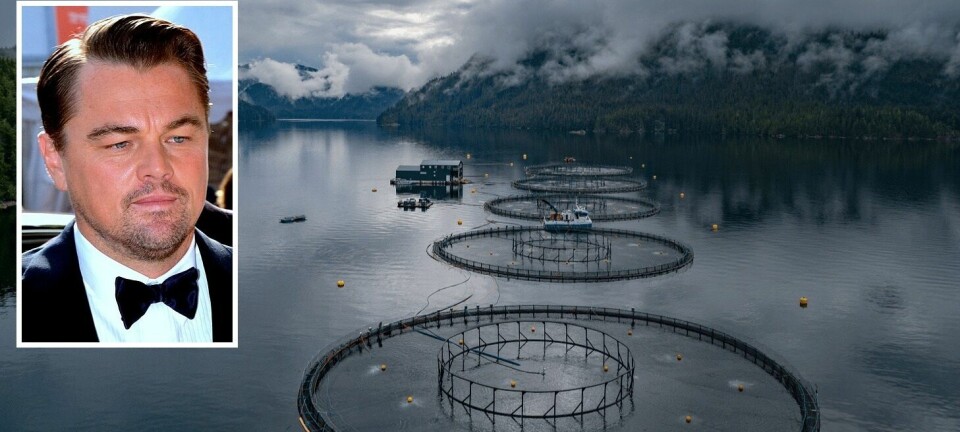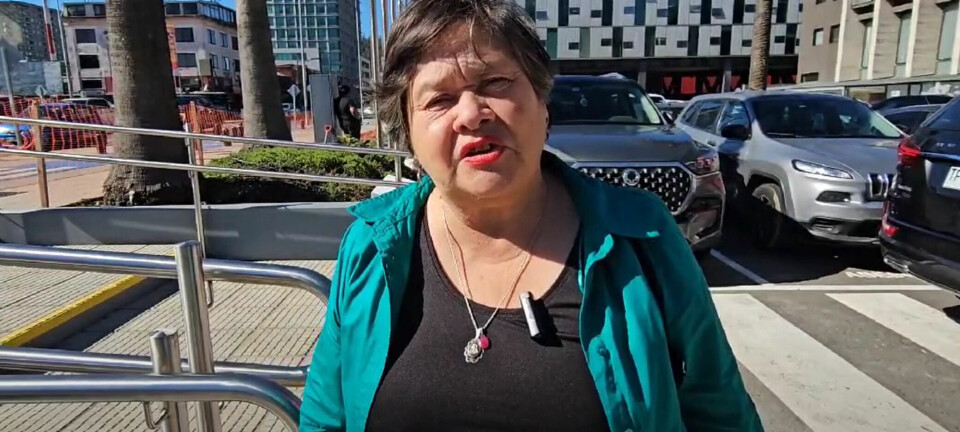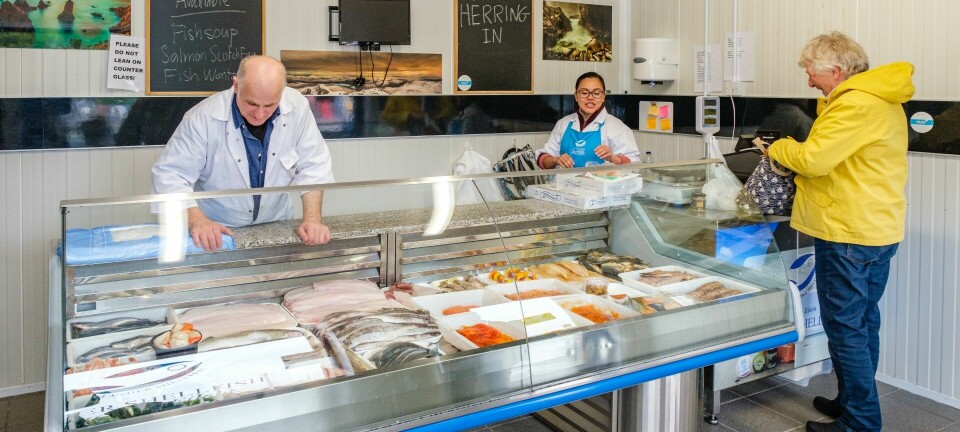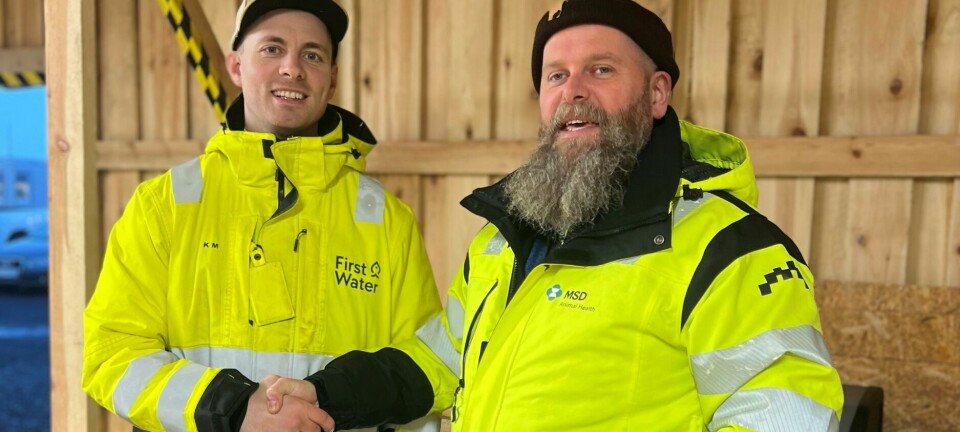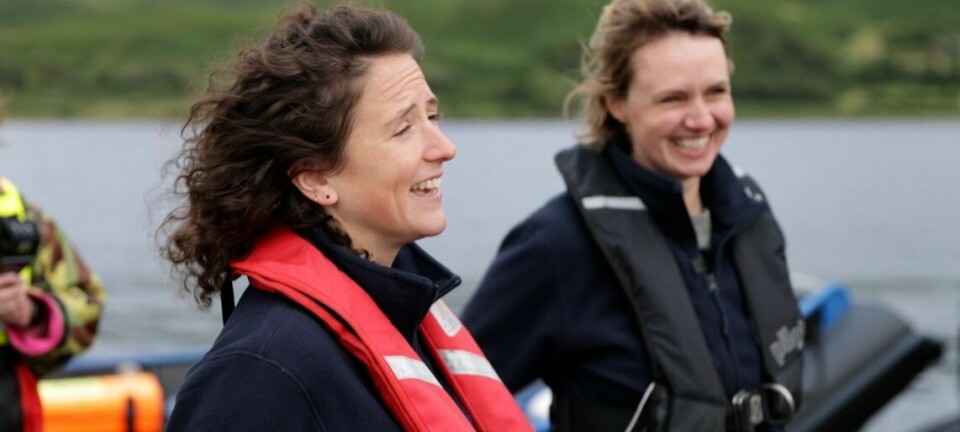
Salmon farmers dismayed by taskforce snub to Ewing
Scotland’s salmon farmers have criticised a decision to exclude the country’s rural economy secretary, Fergus Ewing, from a taskforce aiming to solve seafood export problems caused by Brexit.
The end of free movement between the UK and Europe has resulted in a massive increase in paperwork for exporters and led to delays in cargoes of perishable products such as salmon, costing millions of pounds in lost business.
Tavish Scott, chief executive of the Scottish Salmon Producers’ Organisation (SSPO), welcomed the announcement of the Brexit seafood taskforce but questioned the decision to lead it from the UK government, rather than jointly with the Scottish government and in particular Ewing, an enthusiastic supporter of aquaculture with in-depth knowledge of the sector.
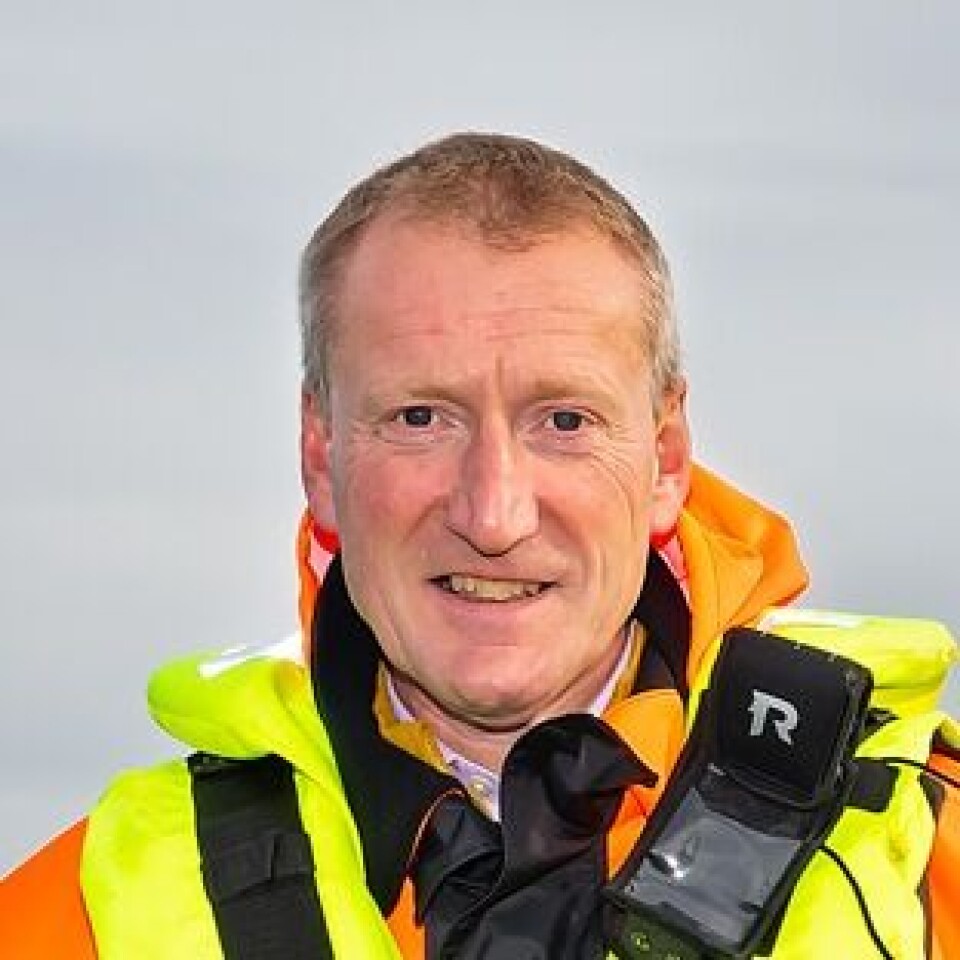
Not a joint effort
He said: “The formation of an export taskforce is welcome two weeks after we raised this with the UK government’s (Cabinet Office minister) Michael Gove. We asked for this to be jointly led by Fergus Ewing, Scotland’s rural economy secretary and Defra (Department of Environment, Food and Rural Affairs). Unfortunately, the UK government has decided to chair the taskforce alone and through the Scotland Office rather than Defra.
“We have been asking for both governments to work together on the red tape, extra export costs we face every day and the uncertainty on delivery times for fish into Europe.
“We are at a loss to understand why this taskforce is not a joint effort, but nevertheless we will work constructively with our colleagues across seafood to offer export solutions which can help.”
‘Teething problems’
The SSPO estimates that export problems cost salmon producers £3 million in the week of January alone, and the situation has been even worse for exporters of wild-caught products such as langoustines and scallops.
The UK government insisted the problems were “teething problems”, but they have not gone away.
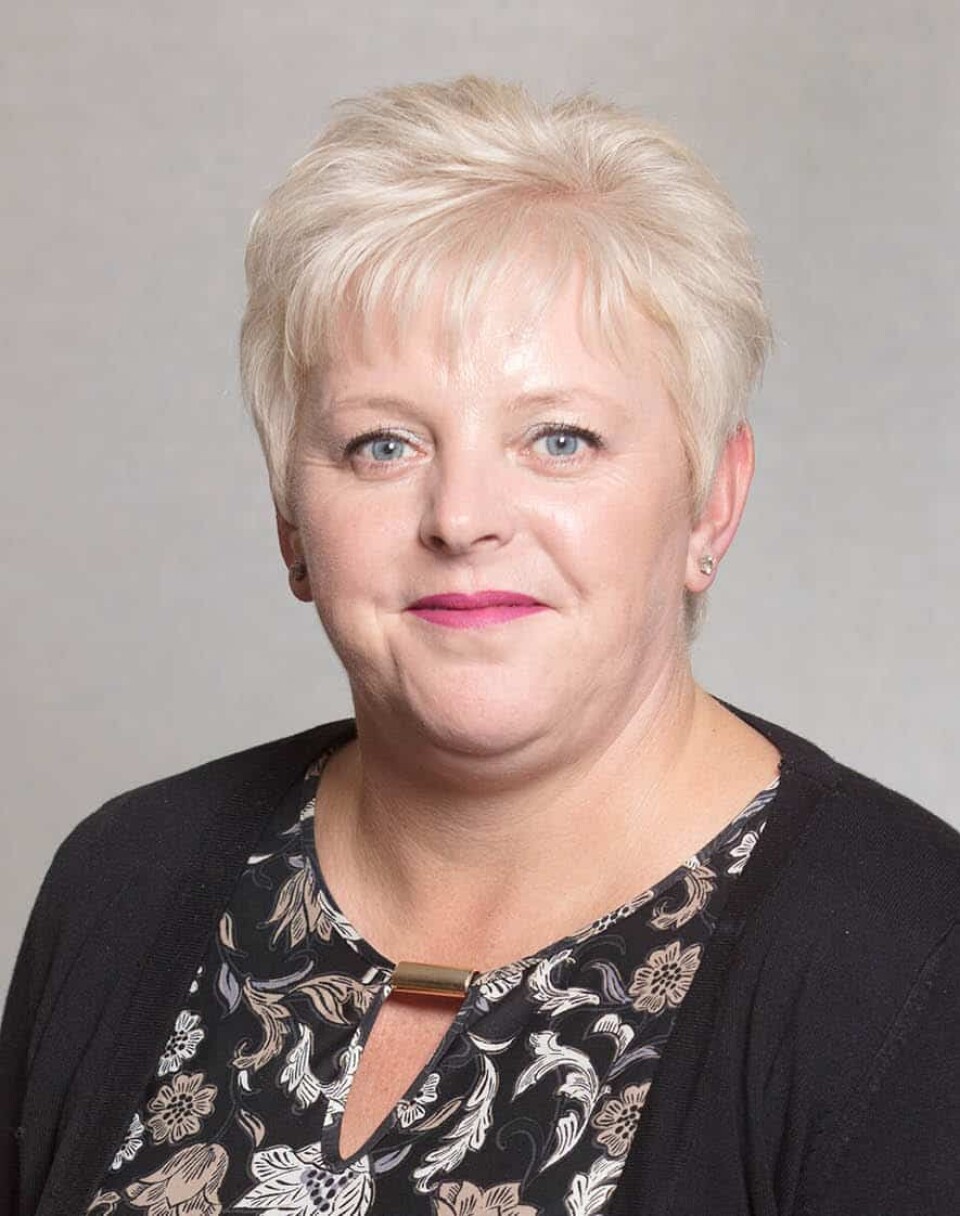
Real solutions needed
Donna Fordyce, chief executive of Seafood Scotland, which represents that sector, said yesterday that the Scottish seafood industry had last week reached the peak of the export crisis.
Referring to the taskforce, she said: “The promise of action, while weeks later than all had hoped, is welcome.
“What the seafood industry is experiencing goes far beyond ‘teething problems’ and needs real solutions, delivered quickly.
“We have yet to see the makeup of the taskforce, but we would hope that its approach will echo the passion and fierce determination of the men and women whose livelihoods depend on the sea and have done for generations.
“The challenge that lies ahead is to fix systems and red tape both here and in the EU that have so far failed seafood exporters from all over the UK, with the devastating impacts becoming clearer as each day goes by.”

Exports to EU ‘down 68%’
The volume of exports going through British ports to the EU fell by 68% last month compared with January last year, mostly as a result of problems caused by Brexit, the Observer reported yesterday.
The drop in the volume of traffic carried on ferries and through the Channel tunnel has been reported to Gove by the Road Haulage Association after a survey of its international members. In a letter to Gove dated February 1, the RHA’s chief executive, Richard Burnett, also told the minister he and his officials had repeatedly warned over several months of problems and called for measures to lessen difficulties – but had been largely ignored.
Burnett said he had made clear throughout last year there was an urgent need to increase the number of customs agents to help firms with mountains of extra paperwork. The number now, around 10,000, is around 20% of what the RHA says is required.
Gove ‘gives nothing back’
The RHA boss told the Observer contact with Gove had been limited and had achieved little.
“Michael Gove is the master of extracting information from you and giving nothing back,” he said.
“He responds on WhatsApp and says he got the letter, but no written response comes. Pretty much every time we have written over the last six months he has not responded in writing. He tends to get officials to start working on things. But the responses are a complete waste of time because they don’t listen to what the issues were that we raised in the first place.”











































